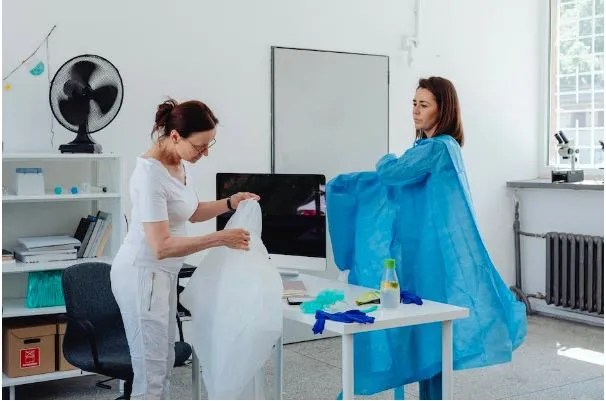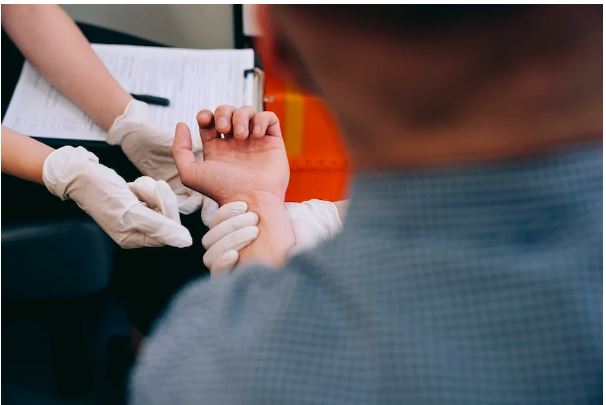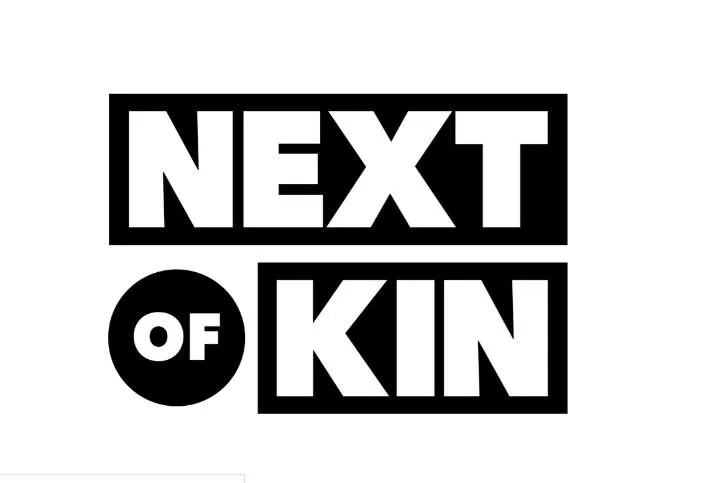
Embarking on a journey through medical education is a challenging yet rewarding pathway. It demands dedication, relentless hard work, and an unwavering commitment to personal and professional development. This document aims to provide budding medical professionals with six foundational tips to not only navigate the rigorous academic landscape but to excel in it. By internalizing these principles, individuals can optimize their learning experience, hone their clinical skills, and prepare themselves for a fulfilling career in the health sector.
Embrace a Growth Mindset
To thrive in medical education and continuously improve, embracing a growth mindset is crucial. By recognizing that intelligence can develop over time and with effort, students are better equipped to face challenges, learn from constructive criticism, and persist in the face of setbacks. This resilience plays a key role in mastering complex subjects and procedures in the ever-evolving medical field. Embracing a growth mindset allows students to approach their studies with a positive attitude and a willingness to learn from their mistakes. It encourages them to view obstacles as opportunities for growth and to seek out new strategies and resources to overcome challenges.
Cultivate Effective Study Habits
Developing and refining effective study habits is essential for success in medical education. Strategies such as active learning, spaced repetition, and practice testing can significantly enhance the retention and understanding of intricate medical concepts. Personalizing study plans to align with one’s unique learning style ensures that study time is utilized efficiently and effectively. By cultivating effective study habits, students can optimize their learning experience and improve their overall academic performance. It allows them to engage with the material in a meaningful way, making connections and reinforcing their understanding of key concepts.
Understand Varied Therapeutic Approaches
A comprehensive grasp of the different types of therapy is imperative for any aspiring medical professional. Understanding respiratory therapy is vital, and resources such as www.respiratorytherapyzone.com/ offer valuable learning methods to help students master this critical aspect of patient care. Learning pharmacotherapy is crucial for patient care, as it involves the use of medications to treat various medical conditions. It requires a comprehensive understanding of pharmacokinetics and pharmacodynamics to ensure safe and effective treatment outcomes. Similarly, mastering physical therapy is essential in rehabilitative medicine, focusing on regaining function, enhancing mobility, and relieving pain through hands-on treatments and exercises. By learning about diverse therapeutic methods, students can appreciate the complexity of patient care and the importance of a tailored approach to individual needs. Familiarity with these therapies also enhances interdisciplinary communication and collaboration, allowing students to integrate various modalities for a holistic treatment regimen.
Build a Strong Support Network
A strong support network comprising peers, mentors, and educators plays a pivotal role in a medical student’s journey. Collaborating and sharing knowledge with others within the medical community can alleviate the academic burden and foster a sense of camaraderie. Additionally, emotional support from these networks helps maintain overall well-being. Networking within the medical community can also create opportunities for research collaborations and future career prospects. Building a strong support network allows students to tap into the collective wisdom and experience of others, gaining valuable insights and guidance throughout their medical education.
Engage in Clinical Experience Early
Early engagement in clinical experience allows medical students to bridge the gap between theoretical knowledge and real-world application. Direct patient interaction and observation of medical procedures solidify learning and spark the development of critical clinical skills. These experiences provide context and meaning to medical education, fostering a deeper understanding of patient care and the healthcare system as a whole. Engaging in clinical experience early also allows students to explore different specialties and gain exposure to various aspects of the medical field. It helps them make informed decisions about their future career paths and develop a well-rounded perspective on healthcare practice.
Prioritize Self-Care and Wellness
In the relentless pursuit of medical knowledge, it is imperative not to overlook self-care. Maintaining physical health, mental wellness, and a work-life balance are paramount. Burnout, if not addressed, can impair cognitive function and empathy, which are crucial for both learning and providing quality patient care. Students should proactively schedule regular intervals for exercise, engaging in hobbies, and taking time to rest. By prioritizing self-care and wellness, students can sustain their long-term educational and professional goals while ensuring their own well-being.

As students journey through the demanding realm of medical education, the integration of the above tips can significantly enrich the learning experience. Embracing a growth mindset provides the resilience needed to persevere, effective study habits contribute to a deeper understanding of complex concepts, and an awareness of varied therapeutic approaches enables a comprehensive approach to patient care. Moreover, a robust support network and early clinical experiences are indispensable for professional growth and development. Equally important is the emphasis on self-care, ensuring that students retain their passion for the field while preserving their health and wellness. By embodying these guiding principles, students pave the way for a rewarding career that is both personally fulfilling and beneficial to society at large, keeping in mind that the pursuit of knowledge in the field of medicine is a lifelong commitment that requires balance, continual growth, and adaptability.



